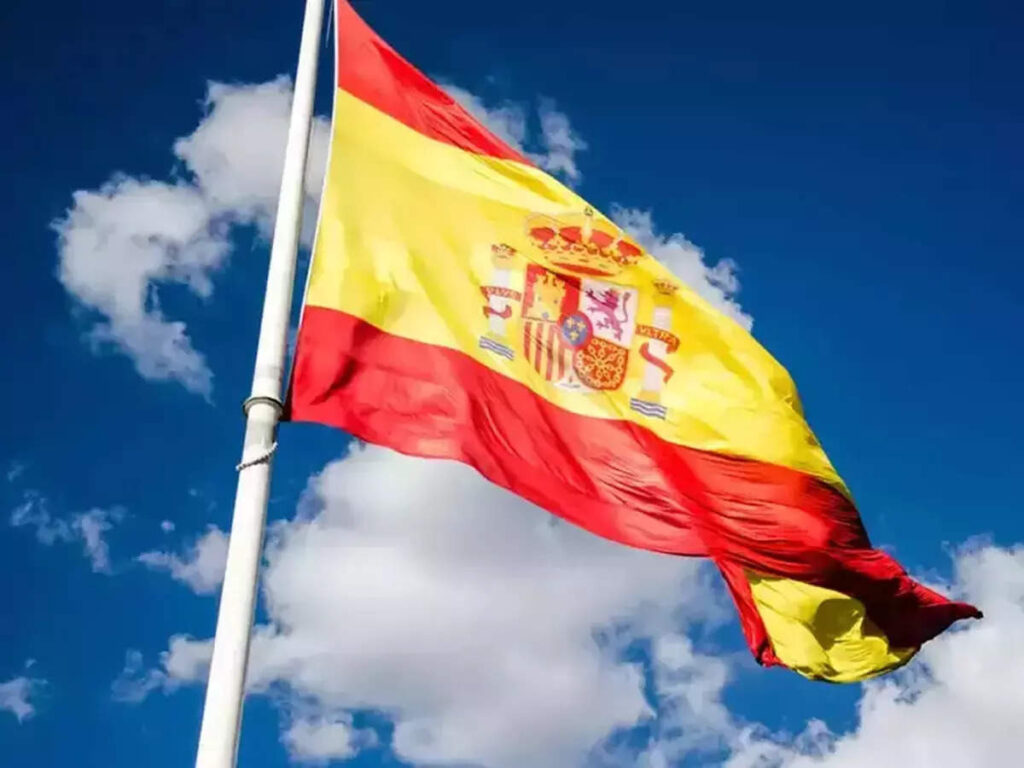Spain is considering tightening the rules for its “golden visa” program, which grants residency rights to foreigners who invest in real estate in the country. The current rules allow foreigners to obtain a three-year residency permit if they buy a property worth at least €500,000. They can also get a permit by investing at least €1 million in shares or more than €2 million in Spanish treasury bonds.
The government is considering raising the minimum investment requirement to €1 million for property purchases, and to €2 million for investments in shares or treasury bonds. It is also considering requiring investors to pass a Spanish language test and to show that they have sufficient income to support themselves in Spain.

The government says the changes are necessary to crack down on money laundering and to ensure that the golden visa program is not abused by criminals or corrupt officials. The changes are also being welcomed by some real estate professionals, who say that the current rules have led to a surge in speculation and have inflated property prices in some areas.
The government is expected to announce the final details of the changes in the coming weeks.
Here are some of the reasons why Spain is tightening the rules for its golden visa program:
- Money laundering: The government is concerned that the golden visa program is being used by criminals and corrupt officials to launder money.
- Speculation: The government is concerned that the golden visa program has led to a surge in speculation and has inflated property prices in some areas.
- Security: The government is concerned that the golden visa program is being used by people who pose a security risk to Spain.
The changes to the golden visa program are likely to have a significant impact on the Spanish real estate market. They are also likely to make it more difficult for foreigners to obtain residency rights in Spain.
